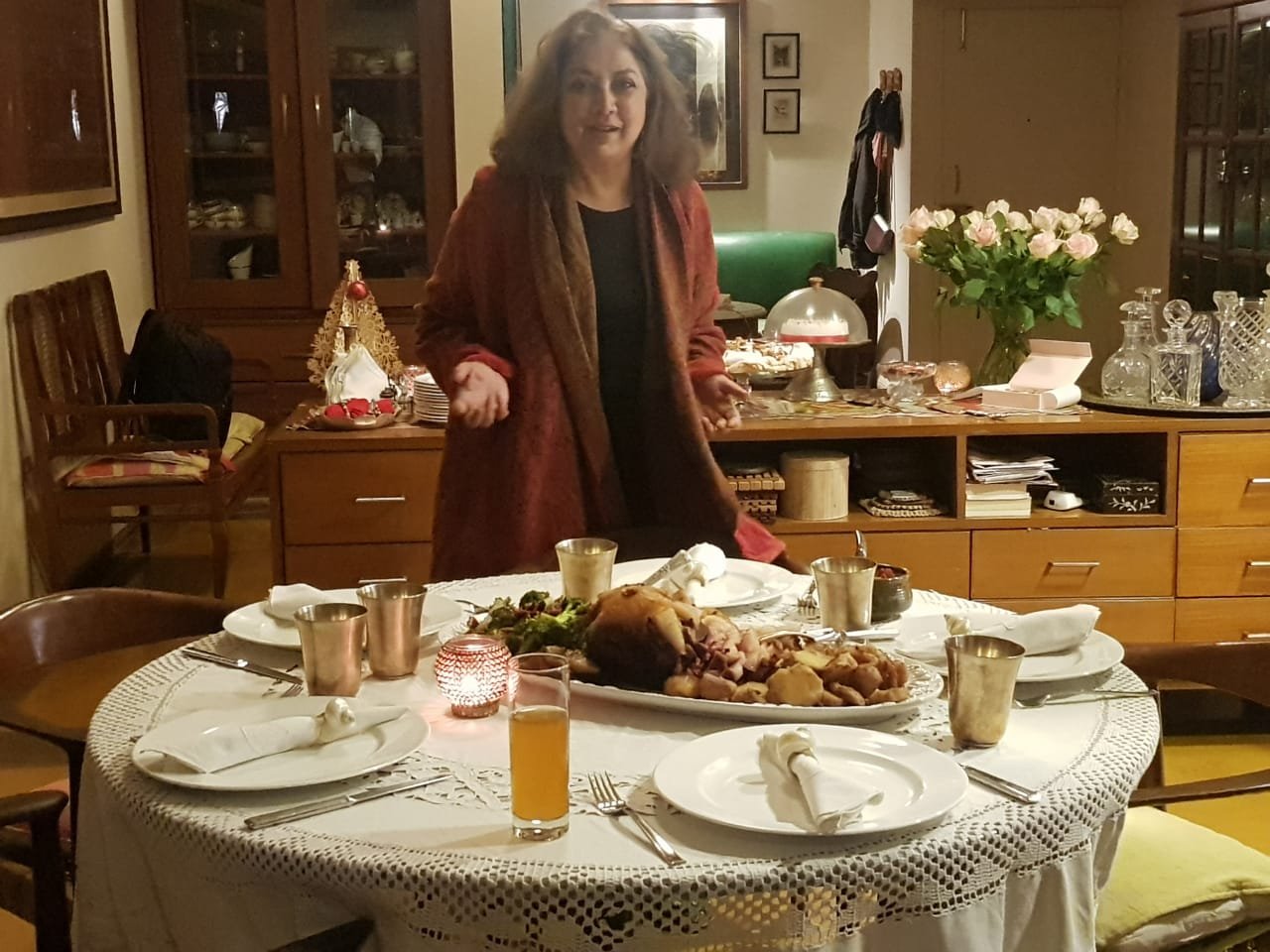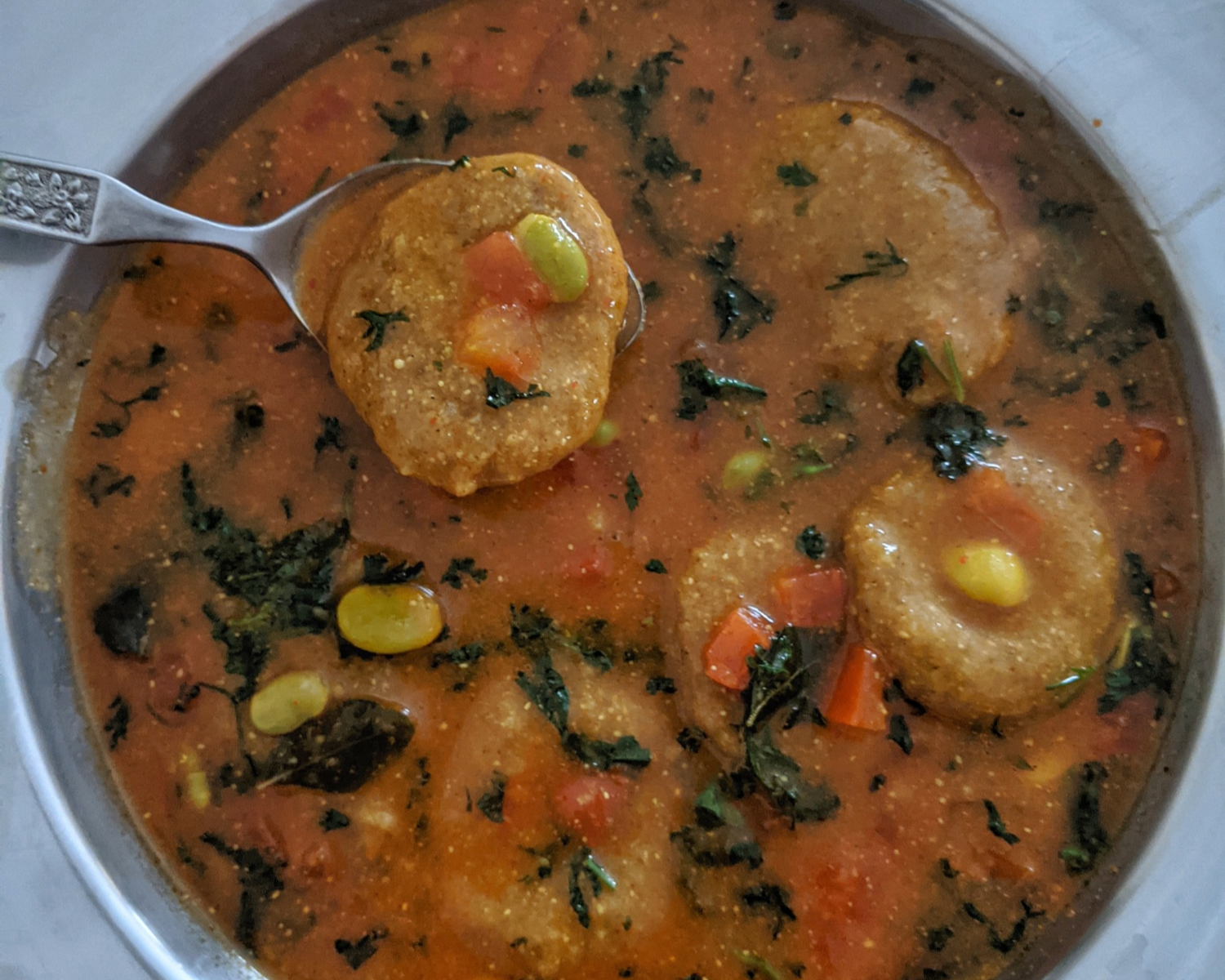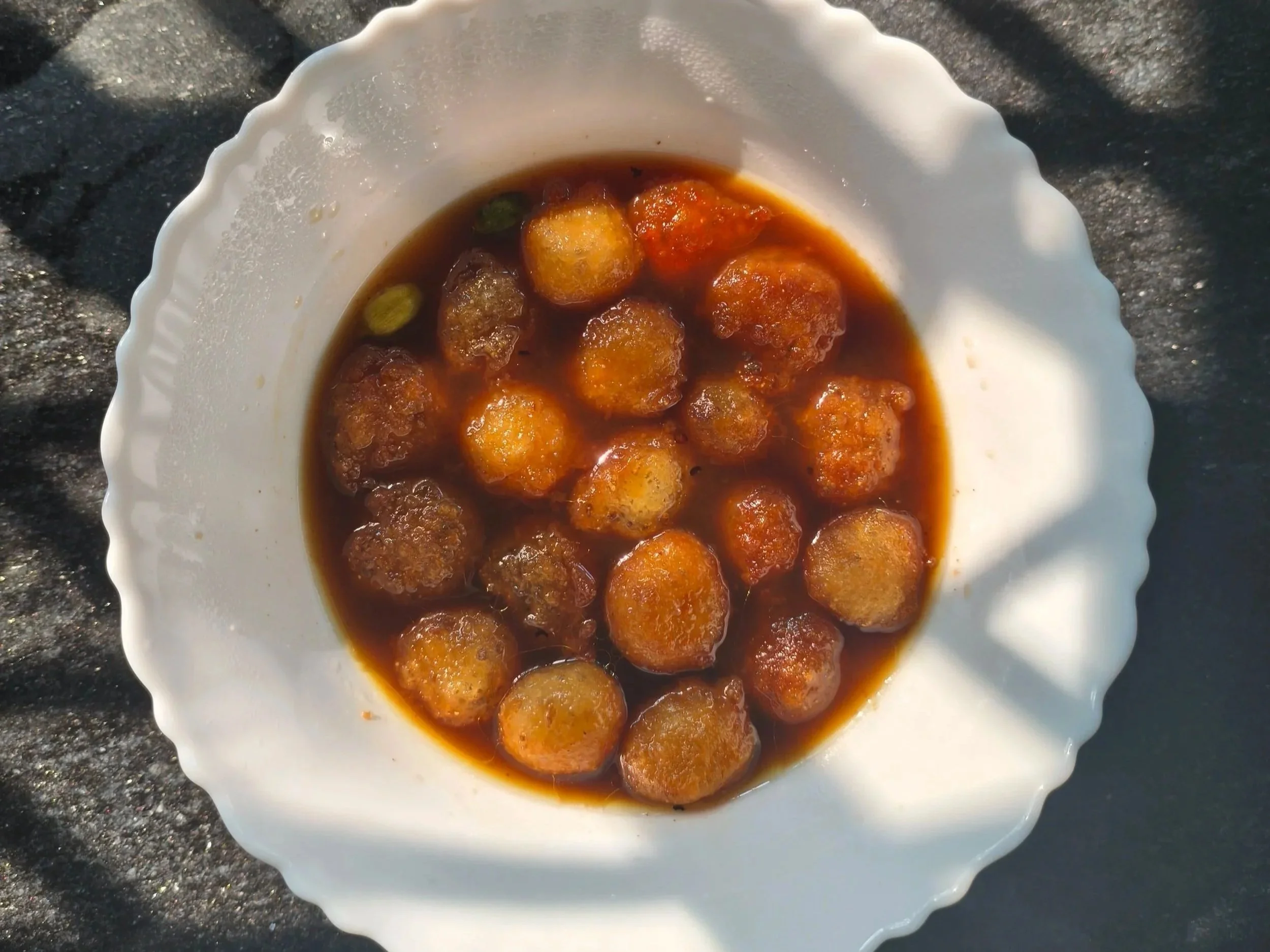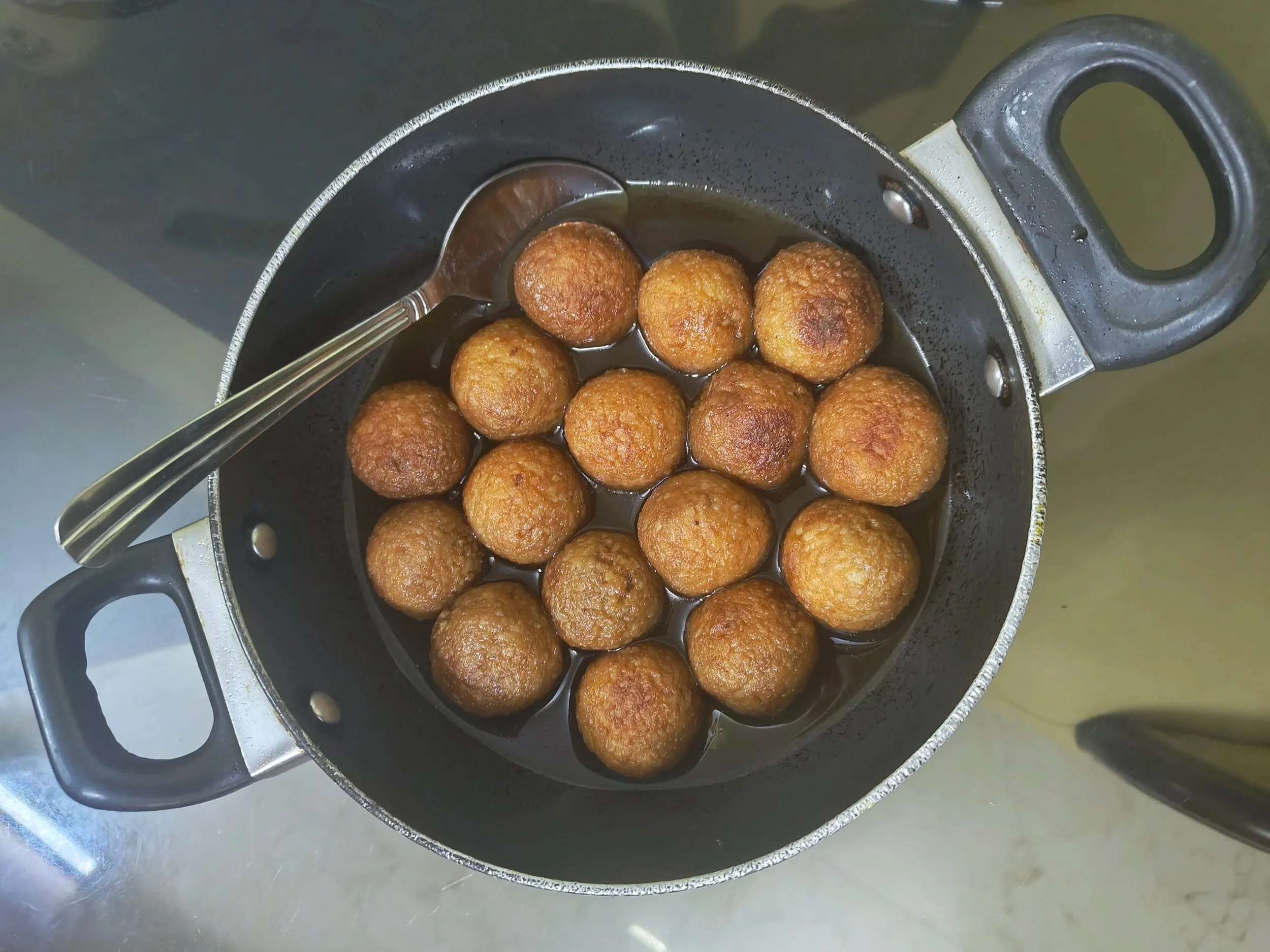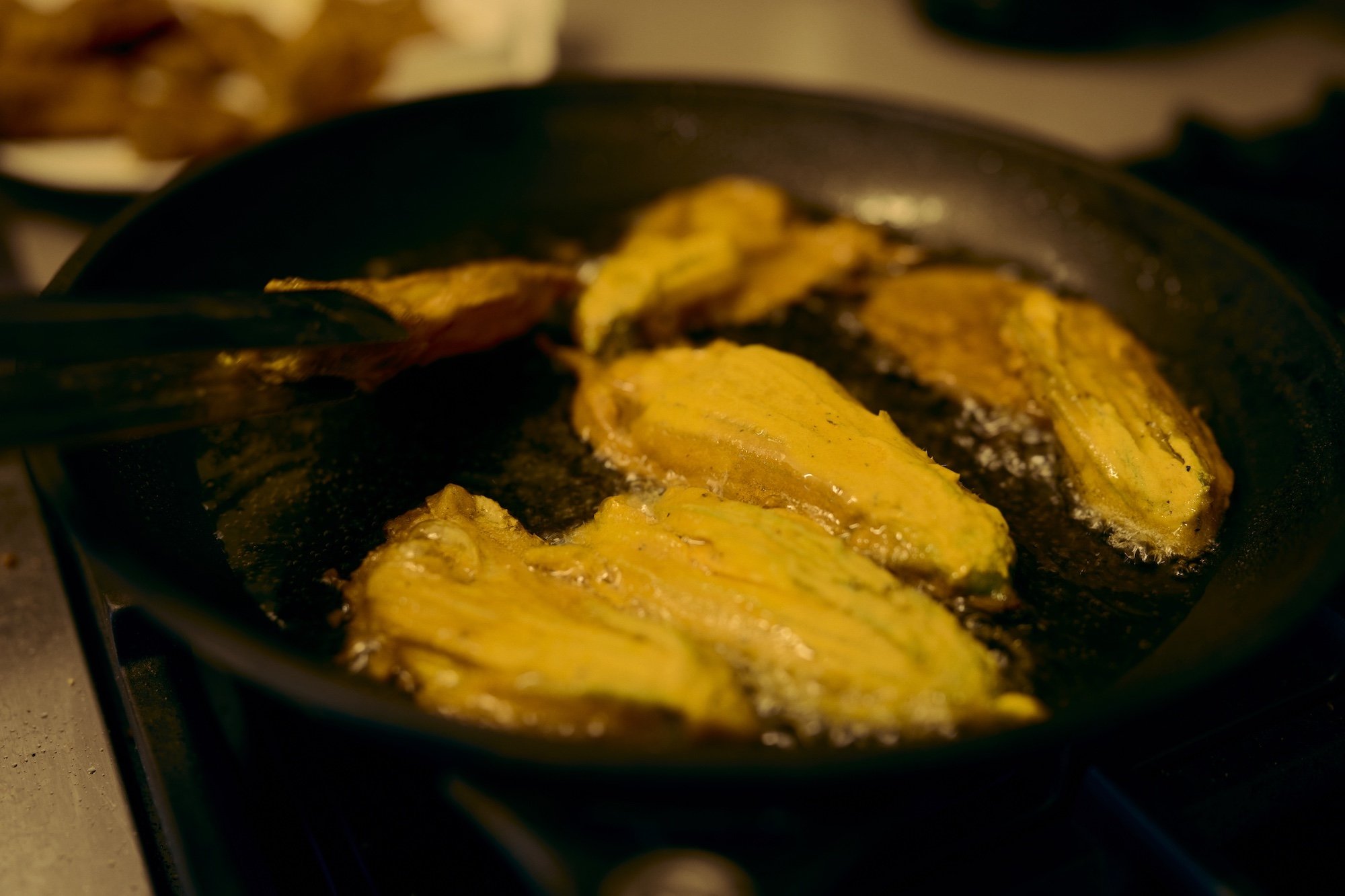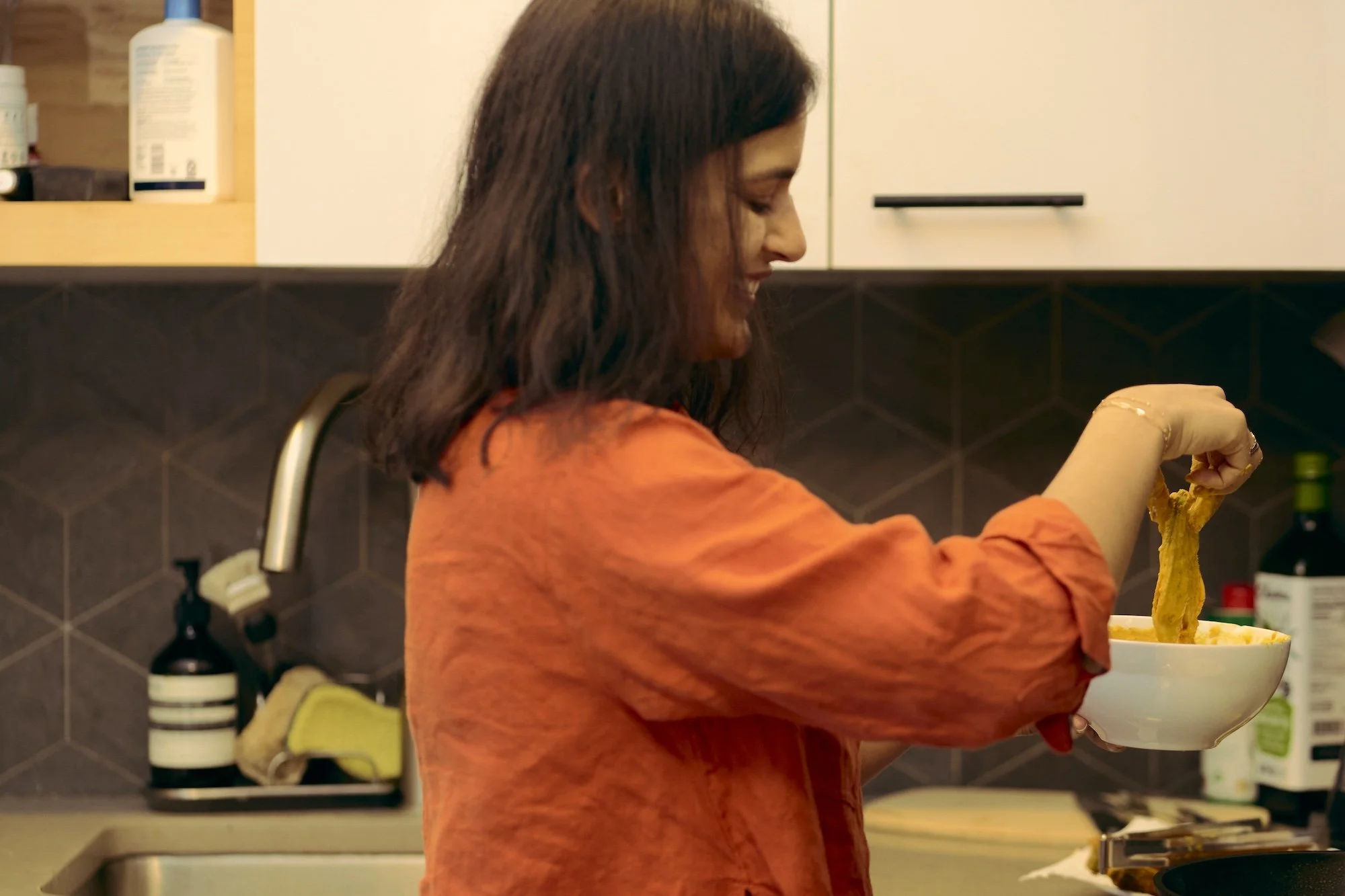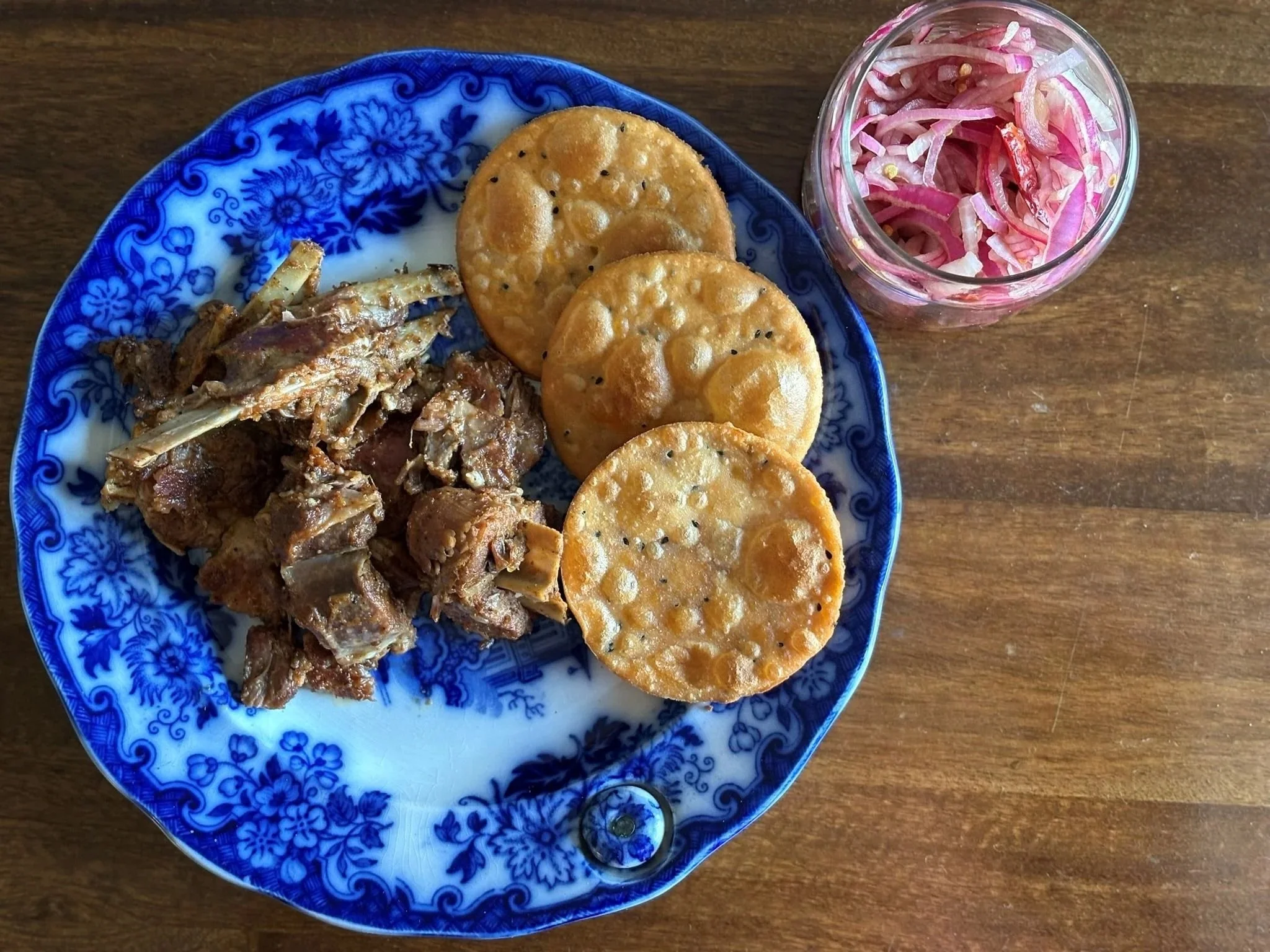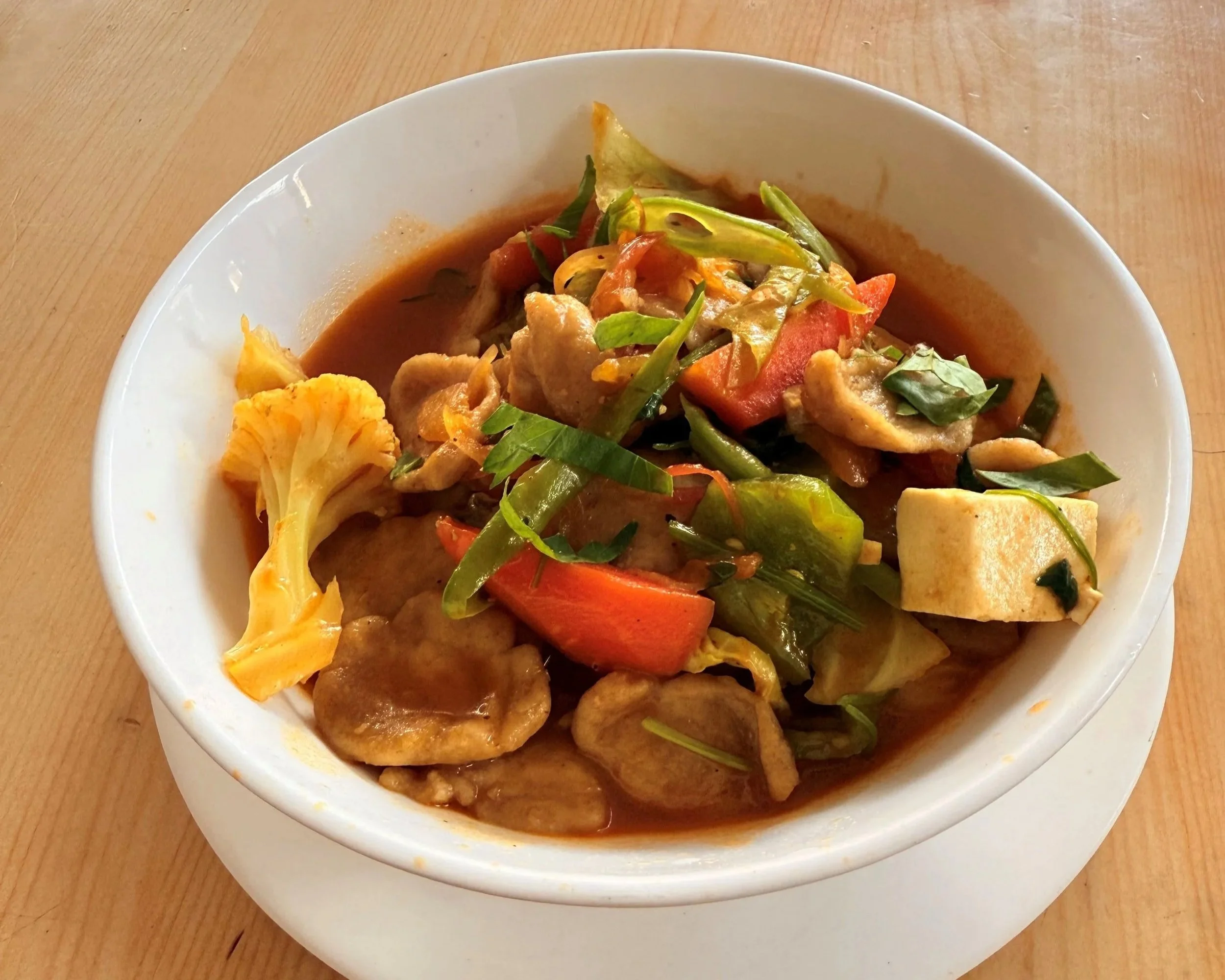A Tableful of Christmas Memories

Author Karen Anand writes about the Christmas traditions in her family, and remembers the wonderful meals of Christmases past.
Just as Isabel Allende describes in her memoir, My Invented Country, I too am not a big fan of festivals and was not big on family get togethers until I had my own. I often felt like an anonymous outsider looking onto a family gathering as if I didn't belong. In India, I feel a little odd at every one of my husband's family functions — Maharashtrian and Gujarati. I do enjoy them, but I just don't feel part of them. Of all the family gatherings, Christmas probably means the most. Not because of any religious sentiments, but just because of a memory bank of nostalgia.
I hear that my paternal grandmother was a good cook. I suppose all women had to be a hundred years ago. That was the role doled out to them and came as a part of the expectation package. She was of Goan heritage and had settled in Byculla, an area of Central Bombay with many Catholic schools, and then a significant Christian population. They lived in a building, which I believe, they owned on Clare Road not far from the great Gloria Church. By all accounts, Byculla was the centre of the universe for Christian families. (The suburb of Bandra, also populated by Christian families for centuries, was then considered too far from civilisation). My father recounted days of great parties at the Byculla Mechanics. It was the centre of the railway community, and the 50s seemed to have been an era of fun and feasting amongst this minority community. He described how as a young boy he was made to stir the Christmas cake batter with a wooden spoon for hours before it went into their new Belling oven which someone had carted back from the UK. My grandmother's specialty was salt beef which was smothered in spices and salt, massaged and caressed and finally slow cooked till soft. I unfortunately have none of these recipes, although I do remember seeing hand written ones as a child in my grandmother's house when she moved to the UK much later on. The Christian communities of Byculla — Goan, East Indians and Anglo Indians, merged their traditions at Christmas and they all made ball curry, kulkuls and marzipan fruit. Mrs. Kenny in Byculla provided them with her wonderful bottle, bafat and pepper masalas, which they used and sent to friends and relatives in Australia, Canada and New Zealand — wherever their families moved to and the traditions continued.
As I write in my latest cookbook, Masala Memsahib, “I grew up in London in the sixties and seventies with a mother who cooked because she had to, not because she wanted to, and a father who never entered the kitchen except to eat. They argued and bickered and my mother never forgave him for bringing her to “this cold country” but they were completely united in one thing — their love for Indian food and the fact they missed it so much. My father talked endlessly of hot, crusty brun with lashings of malai from the top of the milk, which he used to eat at Irani cafes in Bombay. He drooled at the mere mention of kheema gutli and bun chop, favourites at St. Mary's, the school he went to in Byculla in Bombay. St Mary's must have been one hell of a place if you can still remember what you ate there after forty years. He talked about the salt beef his mother used to make, of Christmas cake when he as a child had to stir the blessed thing for hours in the days before mixers, food processors and blenders. He missed kebabs and biryani and balchao and bhel. He missed what he called `tart' — raw mangoes at the onset of summer, imli from the street carts parked outside the school and sour bora or dry ber, brown berries sprinkled with rock salt. He had very clear ideas about the food he liked and disliked, the nostalgia made all the more potent by the lack lustre of the English table then. He used to make sneak visits to Wembley for chivda and for Indian mutton or goat from the Indian butcher, Mr. Sheikh. My parents disliked British lamb which they found smelly and insipid. My father would wait patiently for my mother to run out of Basmati rice or fresh coriander so that he could drive to Southall (which was quite a long way). Groceries were an excuse to stop at the mithai shop for chum chums, gulab jamuns and chocolate barfi. As children, we were well acquainted with a hotch potch of Indian flavours, but completely ignorant as to the background and history.”
Karen spending Christmas at home
My maternal grandmother was definitely a great cook. That I remember. A matriarch with an intimidating stare and a glare. Her prawn curry, balchao and chicken something or the other were heritage on a plate — home cooking at its best. However, I was never around at Christmas. My mother left her home at 9 years old, shipped off to live with an aunt in Bombay who had no children and a Parsi husband and Christmas became a hotch potch of sorts. We moved to the UK when I was six. The first thing I remember about Christmas is the snow and woolly clothes and the temperature. My poor mother did attempt to roast a turkey one year, and couldn’t believe what a tasteless, useless bird it was. Despite the bland bird, Christmas in London, driving down Regent’s Street with the wondrous lights and store decorations, was pretty spectacular. After a couple of attempts at turkey, my mother started buying a whole ham and assembling the sides. This, along with Christmas crackers and presents around the Christmas tree and Christmas stockings filled with lots of inexpensive little toys and sweets, made the holidays very special and took the limelight away from the actual food. Christmas lunch or dinner in most British homes is full of idiosyncrasies: why would you call a pie stuffed full of dried fruit which has been marinating in brandy for a fortnight, a mince pie? Why are chipolata sausages served? The Cubist theory behind the uneven potatoes? Where does the bread sauce fit in? Let’s just put it down to British eccentricity, which is at its best during Christmas. This is when all those little quirks can be let out of the closet shamelessly. The British are proud of Christmas and so they should be. They do it really well. And anyone who has suffered at the hands of British cooks will tell you that this is the one time of year when you’ll probably find anything half way edible on a British table.
Today, Christmas is the time of year when it suddenly dawns on me that another year has gone by! This is when I throw caution, deadlines and all other work commitments to the wind, and decide to have a good time myself (which usually involves large amounts of cooking) and share the spirit with family and friends. It is the perfect time for a sit down dinner with a honey roast ham as a centre piece, Christmas pudding to end and something Goan in between. I used to do a ham cooked in beer but then stumbled upon a Nigella and then a BBC recipe where they cook gammon or smoked ham in cola. It was amazing and irresistible and I have been cooking it that way ever since. And of course, we have to have Christmas pudding, even in the afternoon, even if we’re sweating away in the sun!
Karen Anand is widely accepted as one of India’s first food gurus, and has been at the forefront of the International food revolution in the country. She has also authored several cookbooks, the most recent of which is Masala Memsahib.
Wondering what to cook for Christmas? Check out Karen Anand’s recipes for Prawn Balchao, Honey Smoked Ham and Christmas Pudding!
ALSO ON THE GOYA JOURNAL
